National Care Service - information sharing to make care support better: seldom heard voices co-design findings - easy read
We have been working with organisations who support people from groups and communities who often have barriers to engaging with government. We wanted to engage with these groups as they have not been as involved as other groups in our previous co-design work.
What people told us
1. People using care services do not trust information about social care support.

People do not trust information that comes from social work and social care.

People like to get information from someone they know and trust. This could be a member of their community, a voluntary organisation, health staff or family and friends.

People are not sure how good social care information is on a website. Different websites give different information.

Information needs to be clear to help people understand what it means.

Information should be about how social care can make people’s whole lives better.
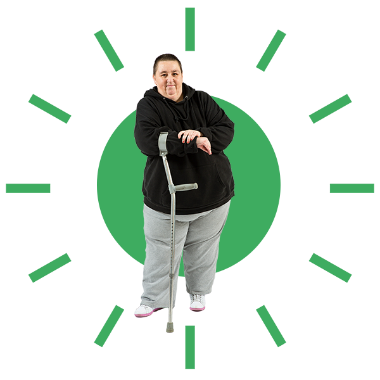
A service where people can get support from a person not just online is important.
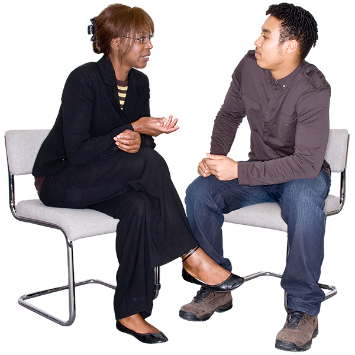
How we will use this
We will find out which information is trusted. We will then make a service that gives the same information to everyone looking for care and support.

2. There is a lack of support for LGBTQI+ communities.

We heard some people are being called the wrong gender or being called their old name when accessing services.

This was because of a lack of understanding. Or information was not correct or available in social care systems.

When a person changes their name on one record it does not update other systems. Changing information with a GP does not update information in a social care system.

People want their chosen name and pronouns to be recorded. People providing care should know them.

The language used for gender needs to respect everyone. Training staff about this can help them give better support.

How we will use this
Service should respect people’s identities. Understanding the difficulties LGBTQI+ people face when sharing information will help us do this.

It will also help us to train staff. This will help them understand people’s wishes when it comes information sharing.
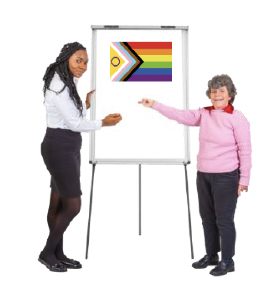
3. Some people said their information was not kept private. They do not trust support staff to handle their information.
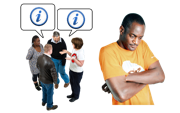
People told us their information had been shared without them knowing. That stopped them asking for help and the support they need.

Information needs to be shared in a proper and confidential way.

People need to understand their rights about their information being shared.
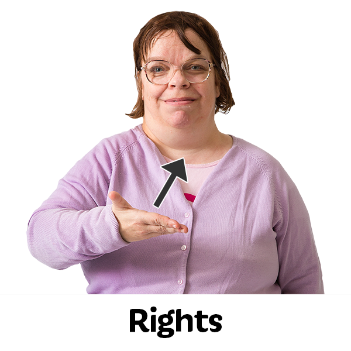
Staff need to know the laws about information sharing and data protection.
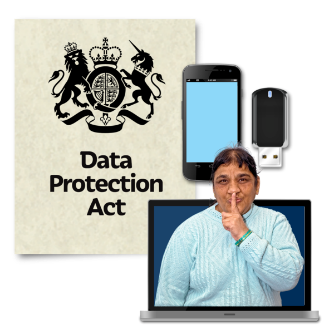
It is important to be able to choose who can access personal information when getting support.

It would help if people could see their information. It would make them feel more in control.

How we will use this
Understanding how people feel about information sharing will help us make a new system. A person’s Care Record would be part of this.
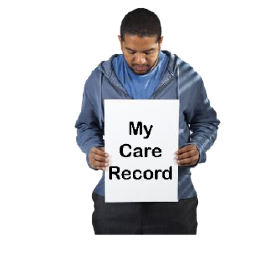
We will think about giving people options on what they would like to share.

It will help people to understand how information is used. It will help staff understand how information should be used.

4. The way social care support is organised means people do not always get the same level of support.

We heard one person gets help from many staff. This makes it hard to build good relationships where people feel safe.

People do not always get the same information about services or support.

Staff should be given training to make sure they are all giving the same levels of care.

Changes to people’s information should be shared between all the different services that are involved in a person’s care

How we will use this
It is useful to understand the problems caused when information is not shared between staff.

This will help us to set up services that people can access in different ways like online, telephone, and in person.

Contact
Email: NCScommunications@gov.scot
There is a problem
Thanks for your feedback